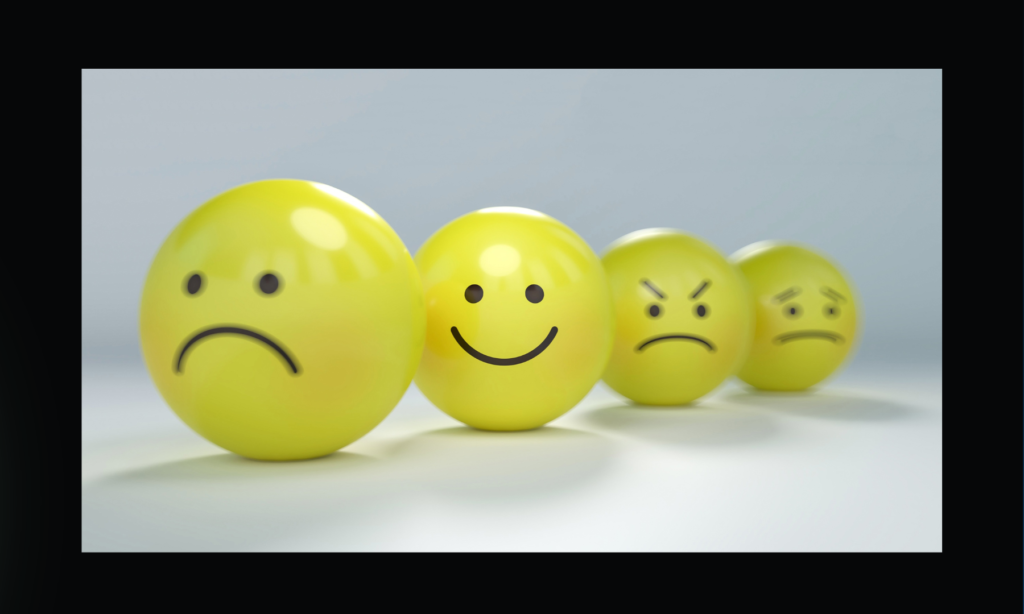Anger and frustration are natural parts of life, yet they often get a bad reputation. It is like it’s expected not to feel them, to rise above them, to choose “better” emotions. The implication is clear: anger is the lesser part of us. The darker side. Something we should deny, suppress, or avoid.
But the truth is, repressing those emotions does not make them disappear. Instead, they quietly build up until they eventually erupt. And more often than not, that eruption happens in the one place we are expected to remain composed: the workplace.
When you spend eight hours a day, five days a week in the same environment, surrounded by the same people and situations, it is no surprise that the pressure builds. The real question is: Is it healthy to repress it?
And more importantly: Is your anger truly about work, or are you being triggered by something deeper?
The Child Within the Adult
There is a certain shame associated with emotional expression at work. Losing your temper, sulking, sending a curt email… you must admit, none of it feels very adult. And yet, those moments of reaction often stem from something very human, and something we are all guilty of.
As Alain de Botton puts it:
“It is not just children who are childlike. Adults, too, are, beneath the bluster, intermittently playful, silly, fanciful, vulnerable, hysterical, terrified, and pitiful, and in search of consolation and forgiveness.”
These emotions are not signs of weakness. They are signs of unresolved hurt.
You are dismissed in a meeting. Your idea is overlooked. You receive criticism you were not prepared for. And suddenly, you are not just an adult in a job, you are a child who did not get what they needed. A teenager who felt invisible. A young adult battling the shadow of inadequacy. And that battle is no longer in the past, it is very much present. The most important thing is how to regulate it without turning unresolved issues into your personal pattern.
The blunt truth is that sometimes you are a victim of a toxic environment, and you have the right to react to it. But if you feel like a victim all the time, and you carry that anger everywhere you go, maybe it is time for soulful confrontation with yourself so that you are aware of where it is coming from: is it the outside circumstances or an internal battle?
You Are Not a Fairy-Tale Hero
We often hold ourselves to impossible standards, especially in professional settings. Never raise your voice. Never take offence. Never lose your cool. But this expectation to be endlessly composed can itself become a source of pressure.
Should you be stoic in the face of everything? No. (that expectation is unrealistic, don’t hold it against yourself!)
Should you allow your emotions to dictate your behaviour? Also no.
The key lies in how you express your “no.”
The yourself. The timing. The intention. And maybe the most important thing you use: the words. These make all the difference in whether conflict and expression become constructive or destructive.
The Past at Work: Unseen Influences
We are all shaped by experience. Childhood memories, formative relationships, societal pressure, all of them leave invisible imprints that influence how we perceive and respond to situations today.
Perhaps it is the silent disappointment of a parent. Or the insecurity born of growing up without enough. Or the constant comparison to someone who seemed to have it all. Maybe it is impostor syndrome whispering, “You do not belong here. One day, they will find out.”
These internal voices can easily be triggered by day-to-day work dynamics. A misunderstood comment, a poorly worded email, or a manager’s tone can open the door to old wounds. Humans are masterful at making up disaster scenarios and creating monsters. The funny thing is, the more you talk about them, the more you realise they are not real, but your way of protecting yourself from the outside world… Being ten steps ahead in your head so that you can anticipate better and resolve something that has not yet happened, and probably never will. There is a beautiful saying by Mark Twain on that note:
“I have had a lot of worries in my life, most of which never happened.”
The lesson here is to see what others cannot. See the ghosts from your past that are haunting you, which are the reasons why you are so mad at Tom for reminding you of the tasks you should have finished two days ago, or the way Janet looked at you this morning. These are all normal work situations, but that scenario you overplay in your head has little to do with the actual moment… and everything to do with the anger that is bottling up to new levels. Do not burst without trying to regulate the monsters from the past.
Patterns That Follow You
If you find yourself having the same arguments, the same emotional clashes, with different people across different jobs… It may be time to reflect.
Yes, toxic workplaces exist. Unfair systems and truly harmful environments are real. But that is not what we are addressing here.
This is about the everyday situations that keep triggering the same frustrations.
The subtle patterns that follow you from one company to the next.
The moments where you lose your composure, not because the other person was truly at fault, but because something in you is unresolved.
And when that moment hits, the most powerful thing you can do is pause and ask:
Am I truly angry at them? Or is this about something deeper in me that still needs healing?


